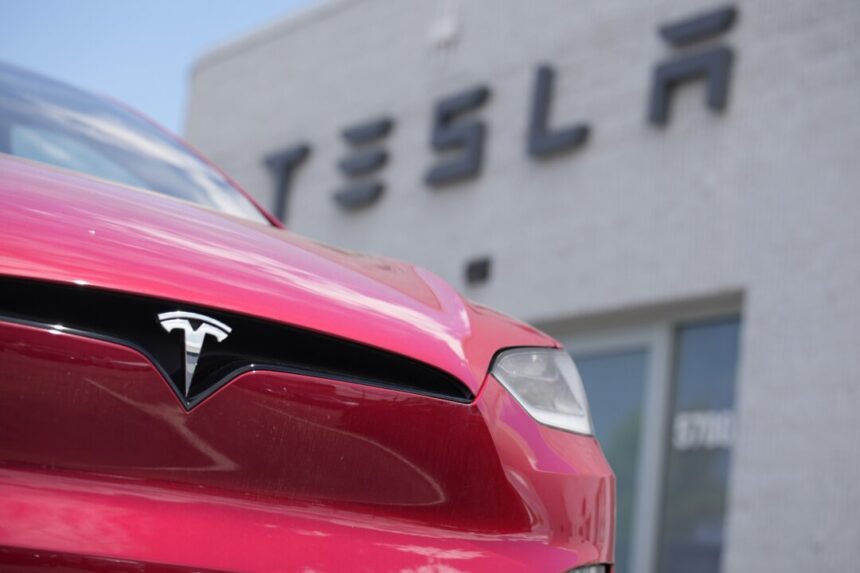According to a study by CHOICE, seven out of Australia’s 10 most popular car brands are collecting and sharing drivers’ data to some extent. This data is being used for various purposes, including the creation of artificial intelligence.
The issue came to light when an Australian man purchased a new Toyota Hilux, only to discover that the vehicle came with tracking features that could not be fully removed without consequences. The man had difficulty getting his deposit refunded after researching the data sharing practices of the car brands.
Toyota Australia, along with other popular brands like Ford, MG, and Mazda, collects a moderate level of data through their “connected services,” which include information on fuel levels, odometer readings, vehicle locations, driving data, phone numbers, and email addresses. Failure to opt out of these services allows the companies to use the data for research, product development, and analysis, as well as share it with various third parties.
Not all car brands engage in this practice, with Subaru, Mitsubishi, and Isuzu Ute being among the top 10 brands that do not collect data through connected services. However, brands like Kia, Hyundai, and Tesla are known to collect and share the most data.
Some brands, such as Kia and Hyundai, share voice recognition data with third parties like Cerence, a company that provides automotive voice and AI products. However, concerns have been raised about the use of biometric data, such as voice and video recognition, as it is considered sensitive and should be subject to stricter consumer protection measures.
Experts, like Vanessa Teague from the Australian National University, argue that the practices of these car companies are unacceptable and potentially in violation of privacy laws. They emphasize the need for updated and enforced privacy regulations to prevent the unauthorized sharing of sensitive data.





